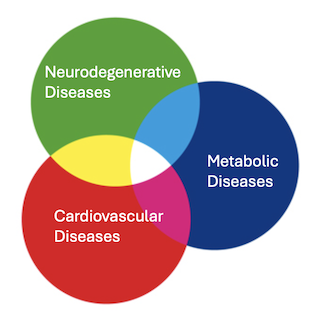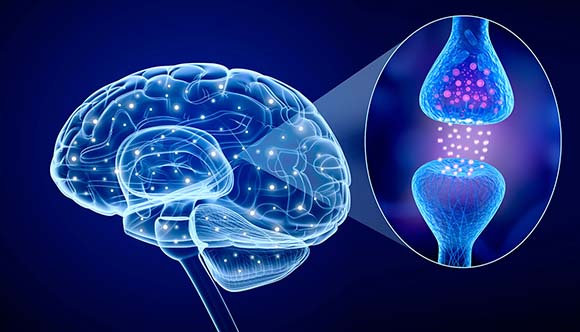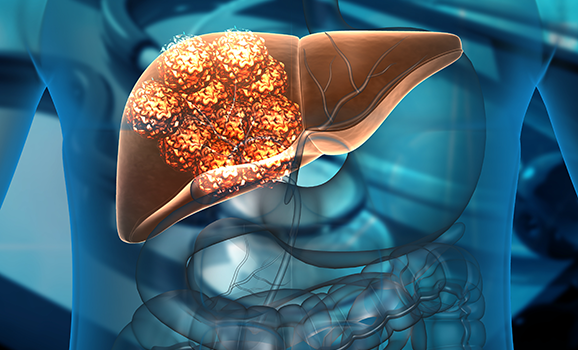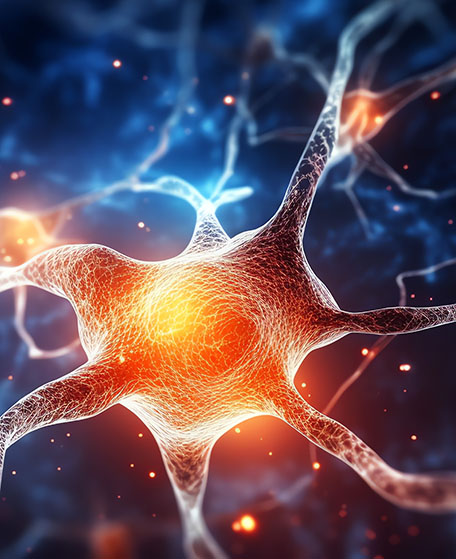








NA-831 provides neuroprotection and catalyzes the regeneration of new neurons. Phase 2A clinical trials of NA-831 showed a proof of safety and efficacy for mild and moderate Alzheimer's Disease.
Learn more
NA-901 shows promise as a treatment for Major Depressive Disorder. Results of a Phase 1B study have demonstrated a excellent safety profile with no adverse side effects. NA-901 is ready for Phase 2/3 for the treatment of MDD.
Learn more
NA-931 (Bioglutide ™) is a quadruple IGF-1, GLP-1, GIP and Glucagon receptor agonist, facilitating weight loss without adverse events associated with current obesity drugs. As an oral medicine, NA-931 (Bioglutide ™) that significantly reduces the body mass index, without causing muscle loss.
Learn more
NA-704 stimulates neurogenesis and reduce muscular spasticity, a candidate for ALS and Parkinson's disease. NA-704 exhibits neuroprotection and it has great bioavailability in the body. NA-704 is in the Phase 2A clinical trials.
Learn more
NA-921 (Bionetide) (Bionetide™) is a small molecule drug that is in Phase 3 clinical trials for the treatment of Rett Syndrome. NA-921 (Bionetide) can easily crosses the blood brain barrier, so only a small dose of the drug is required to be effective.
Learn more
The MICROS is a controlled release infusion system which has been approved for marketing in the US. It is used for intravenous administration of injectable drugs. NA-704 can be administered via the MICROS at home care settings. It is an accurate, safe and cost effective drug delivery system.
Learn more
